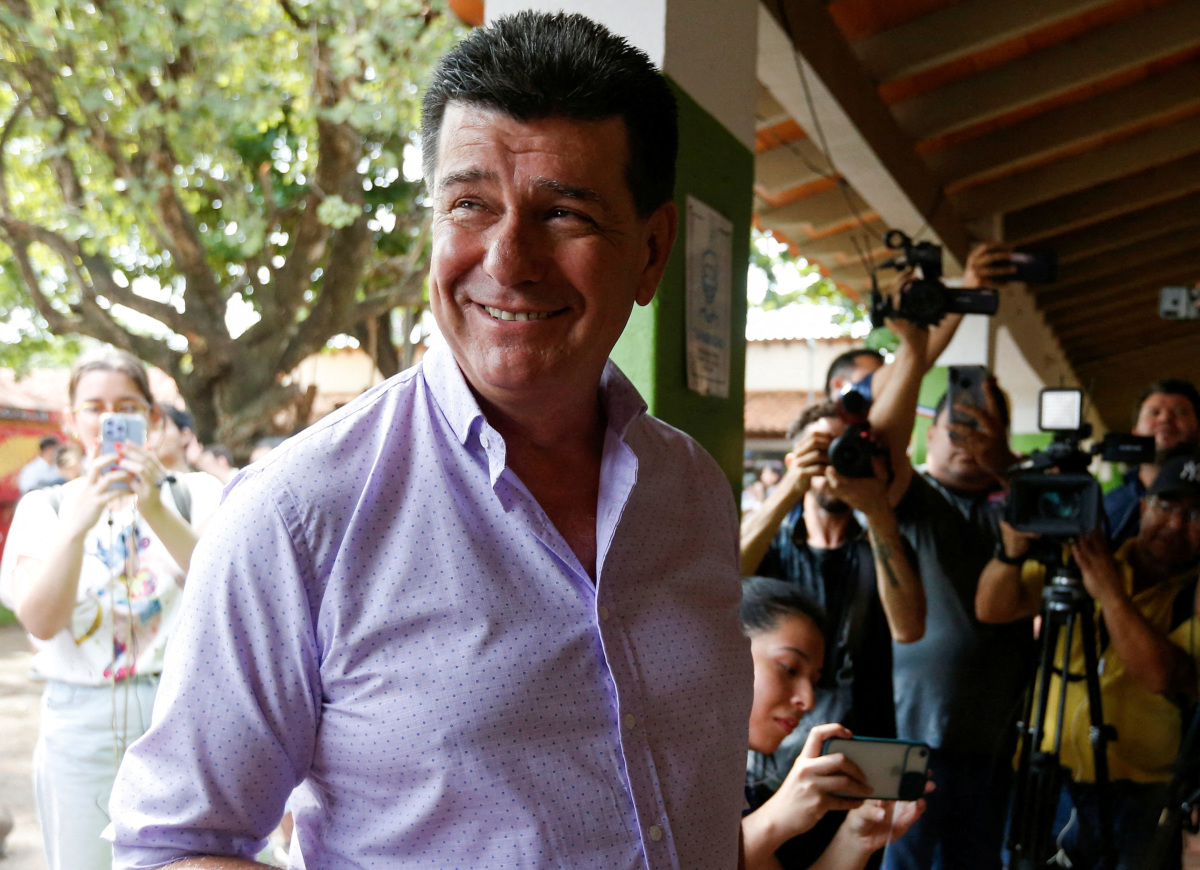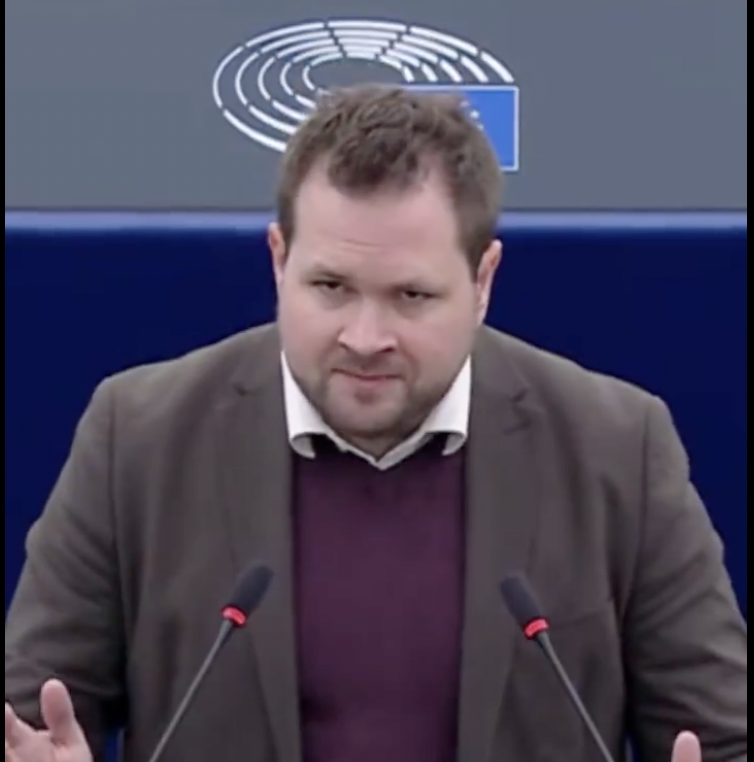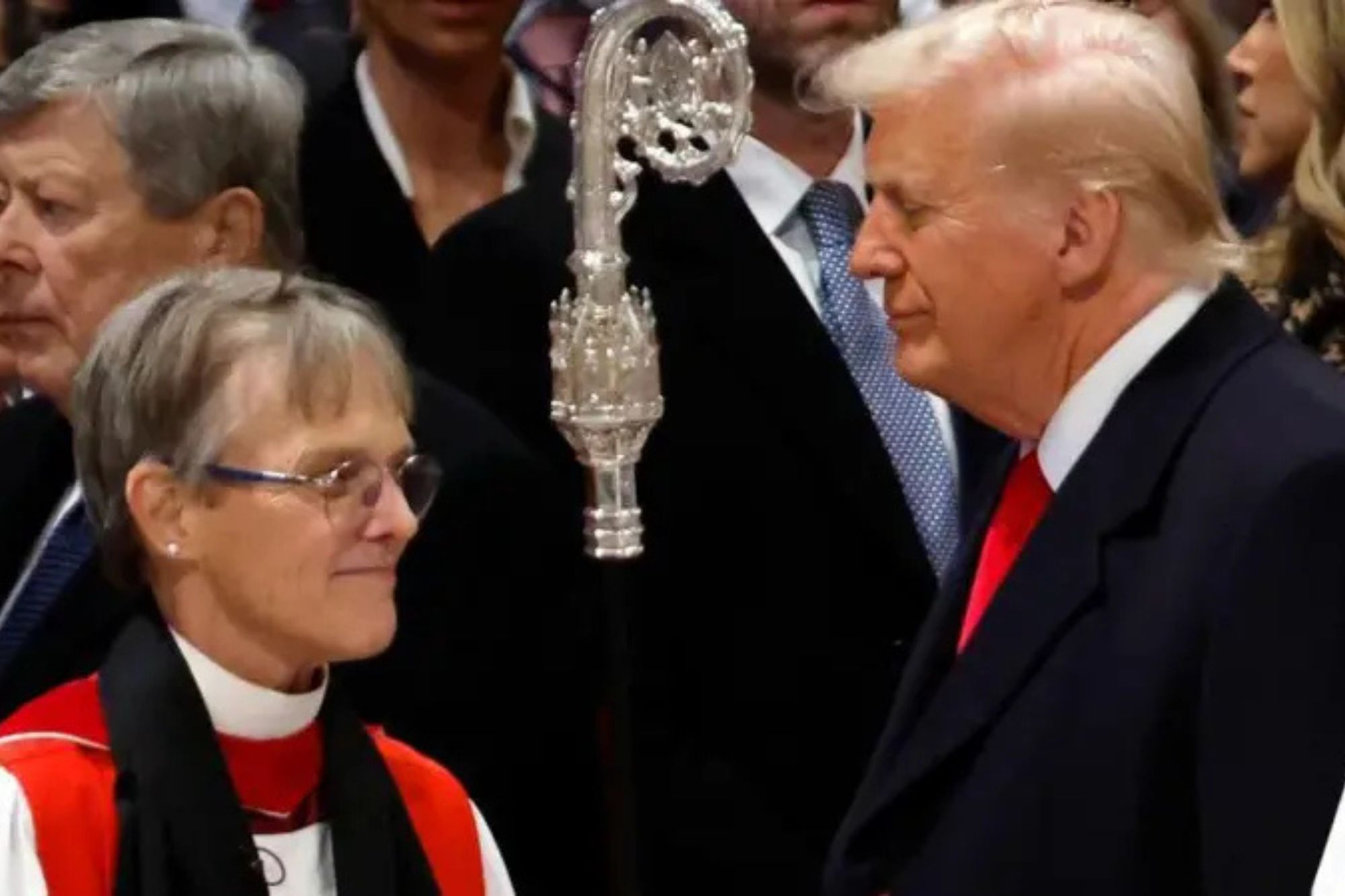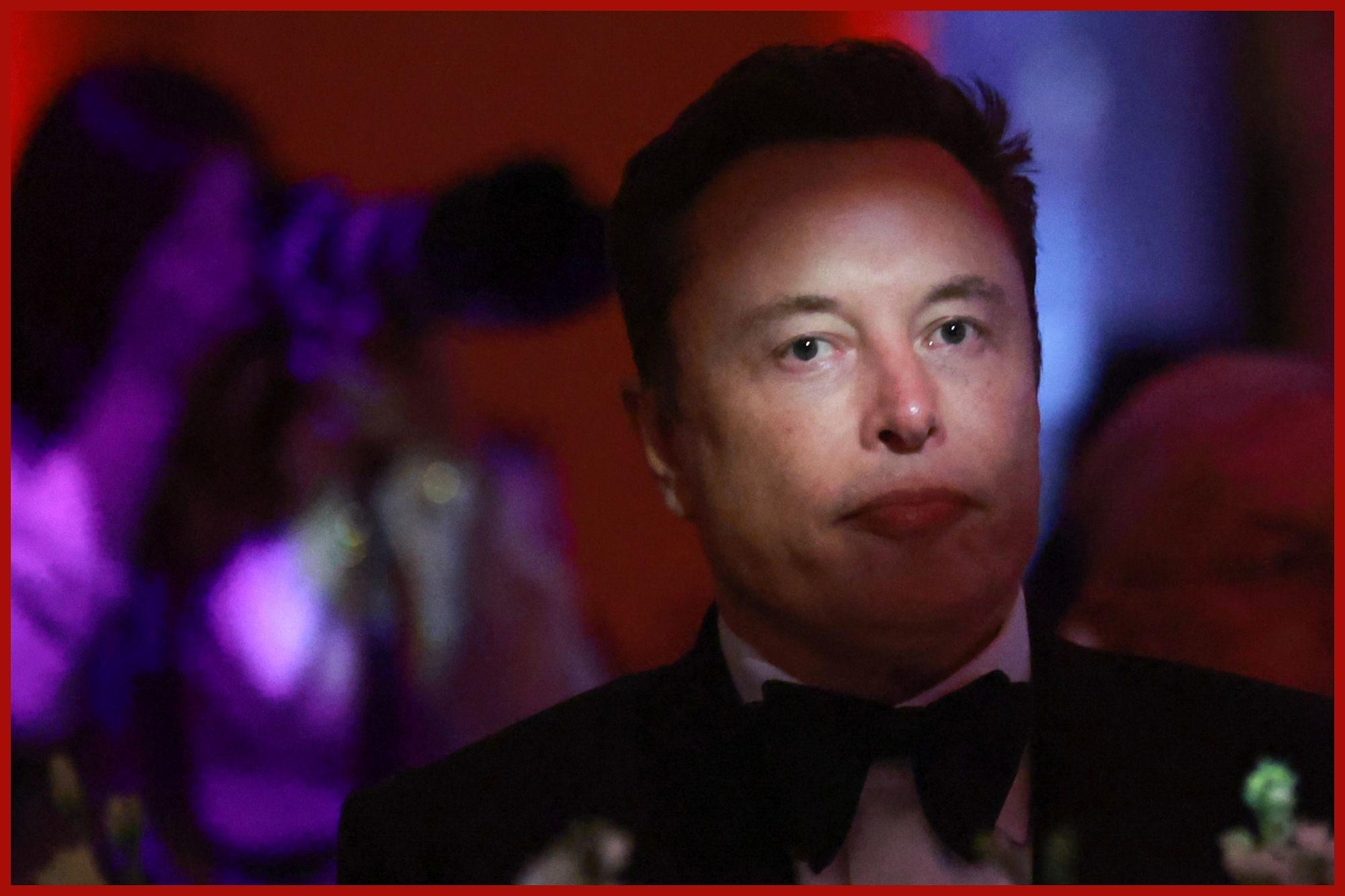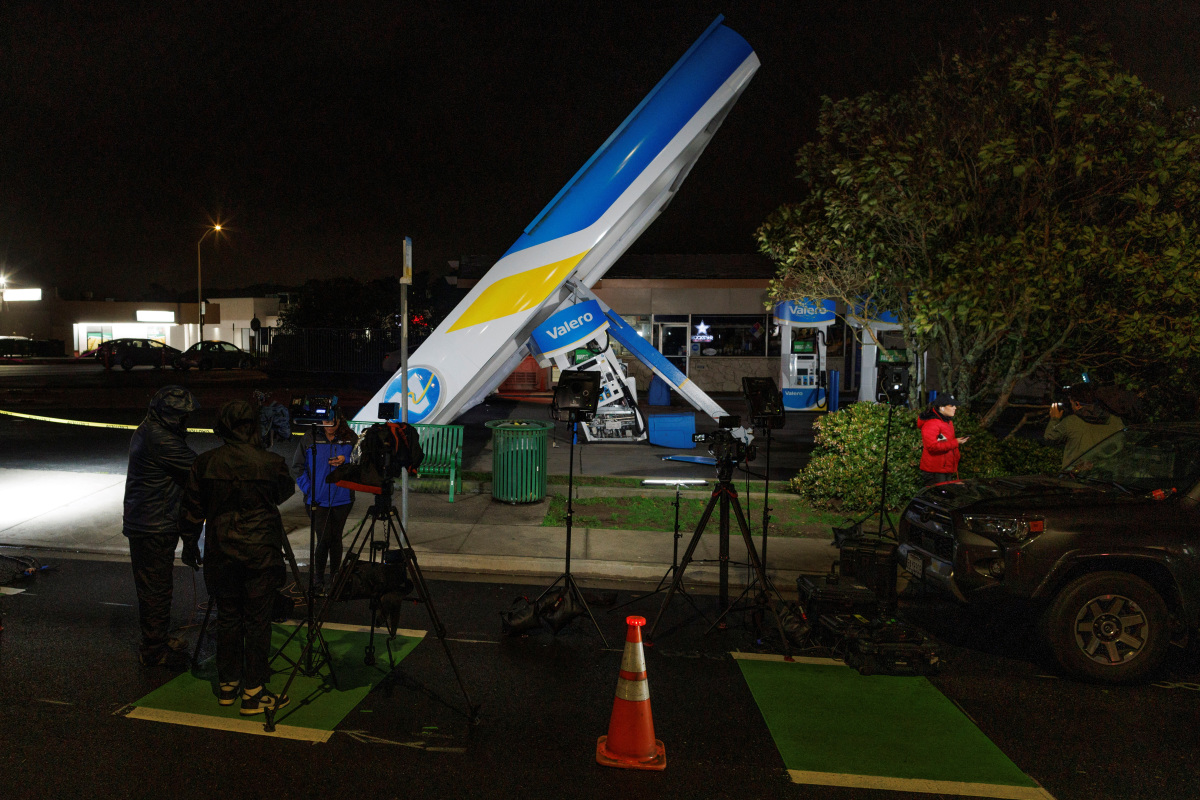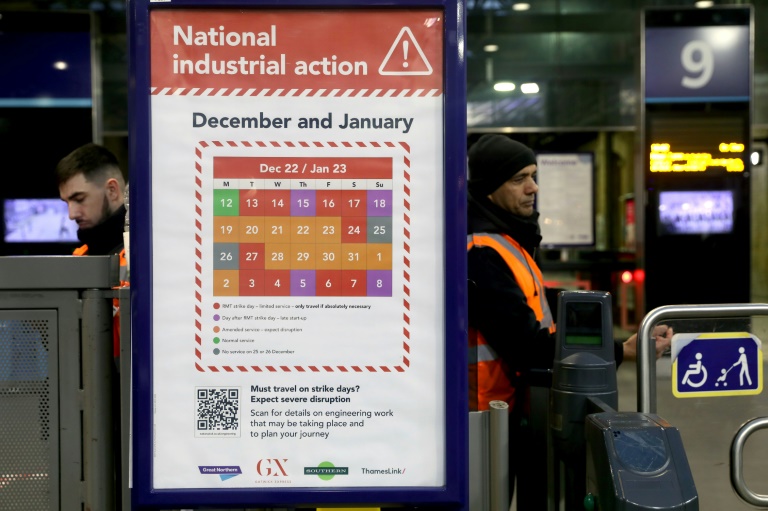Reuters
Paraguay would cut diplomatic ties with Taiwan and open relations with China if the opposition wins the election in April, its presidential candidate Efrain Alegre told Reuters, hoping to boost soy and beef exports that are its main economic engines.
The ruling party candidate, meanwhile, told Reuters he would maintain ties with Taiwan, a self-governed island that China considers one of its provinces and not a county, making the geopolitical question a center-piece of the election race.
Paraguay is one of only 14 nations globally that retains diplomatic ties with Taiwan and the only South American country to do so. China has convinced a number of the island’s allies to shift allegiance in recent years, the last being Nicaragua.
Alegre, candidate of a broad coalition that will seek to defeat the conservative ruling Colorado Party, said Paraguay should establish relations with China to open access to its huge soy and beef markets, long a demand of farmers in the country.
“Paraguay must have relations with China,” Alegre said in a recent interview after being named presidential candidate.
“Our interests in livestock and grain sectors are currently suffering a major loss,” he added. “We hold this critical position towards relations with Taiwan because we don’t think we get enough back from this relationship.”
Santiago Pena, the Colorado Party candidate, said Paraguay’s over six decades of ties with Taiwan would remain intact if he won the April 30 vote.
“I do not see any change in that sense,” Pena told Reuters. “I will defend the historical relationship with Taiwan.”
Neither the political parties nor independent consultancies have released opinion polls on the elections, but some analysts predict a close result between Pena and Alegre. There are other small parties running in the single-round election.
Taiwan’s foreign ministry told Reuters that it was paying close attention to Paraguay’s upcoming election and was seeking to strengthen ties with candidates on all sides.
“Our embassy is actively strengthening contact and communication with candidates from different political parties to win support for the Taiwan-Paraguay friendship,” the ministry said in a statement.
The democratically-ruled island strongly rejects China’s sovereignty claims, which have grown in recent years with Beijing ramping up diplomatic, military and economic pressure.
China says the island’s allies remain with Taipei only due to pressure from Washington and so-called “dollar diplomacy”.
PRESSURE FROM FARMERS
Paraguay’s Taiwan ties have been under the pressure in recent years, especially from the country’s beef producers and farmers, who see the relationship as an obstacle to gaining access to the world’s largest market for their products.
“We make a sacrifice for the political support given to Taiwan and on balance, we consider that we receive very little in compensation,” Pedro Galli, president of the Rural Association of Paraguay (ARP), told Reuters.
Paraguayan imports from China totaled $4 billion in 2021, while exports stood at just $30 million. Paraguay had a trade surplus with Taiwan that year of $118 million.
The ARP, the country’s largest cattle farming chamber, has been sounding out possible support for China among candidates since December primaries in a series of political meetings. Paraguay produces around 300,000 tonnes of beef a year.
“We will be measuring the temperature,” added Galli.
Paraguay is a top 10 global beef exporter and the fourth largest soybean exporter, its main cash crop. Soybean production is about 10 million tonnes per year and with its derivatives, it generates more than $2 billion in foreign currency.
Hector Cristaldo, president of the Union of Production Guilds, the main soybean chamber, said the country was currently locked out of China, which he said made up some two-thirds of the global market.
“Today it is practically impossible to sell products to that huge market,” he said.
“What we produce is enough for a neighborhood in a city in China, but what interests (Beijing) is us breaking ties with Taiwan. That is the dilemma that Paraguay has and that our authorities have to resolve.”
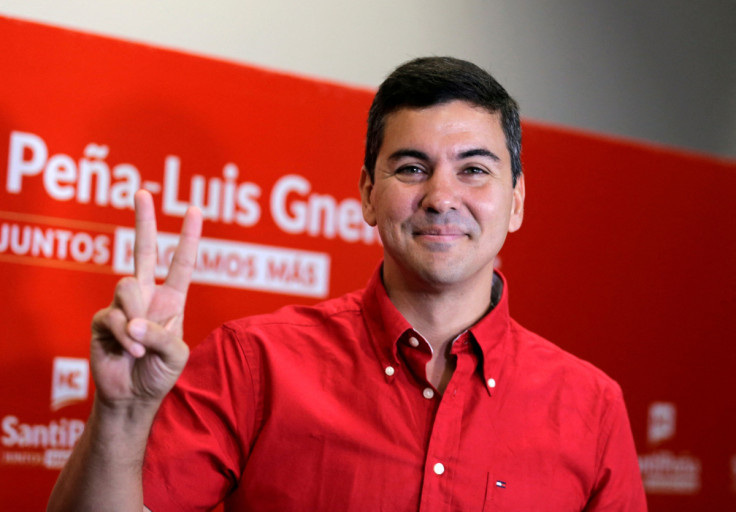
Reuters
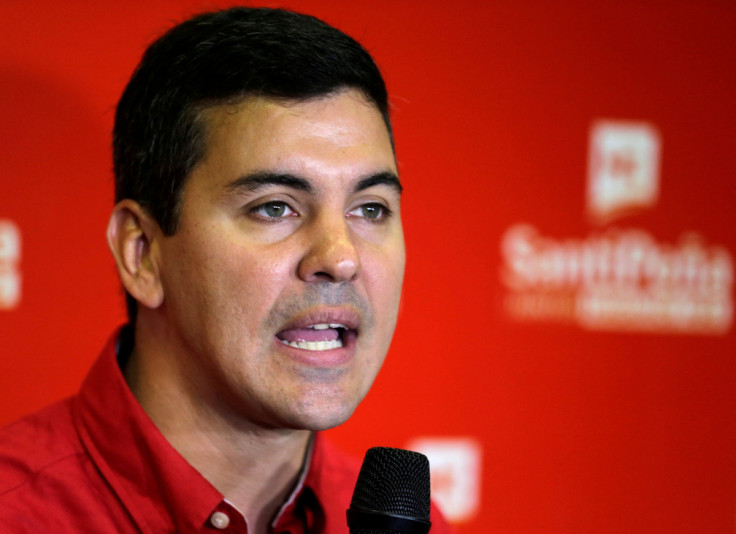
Reuters

